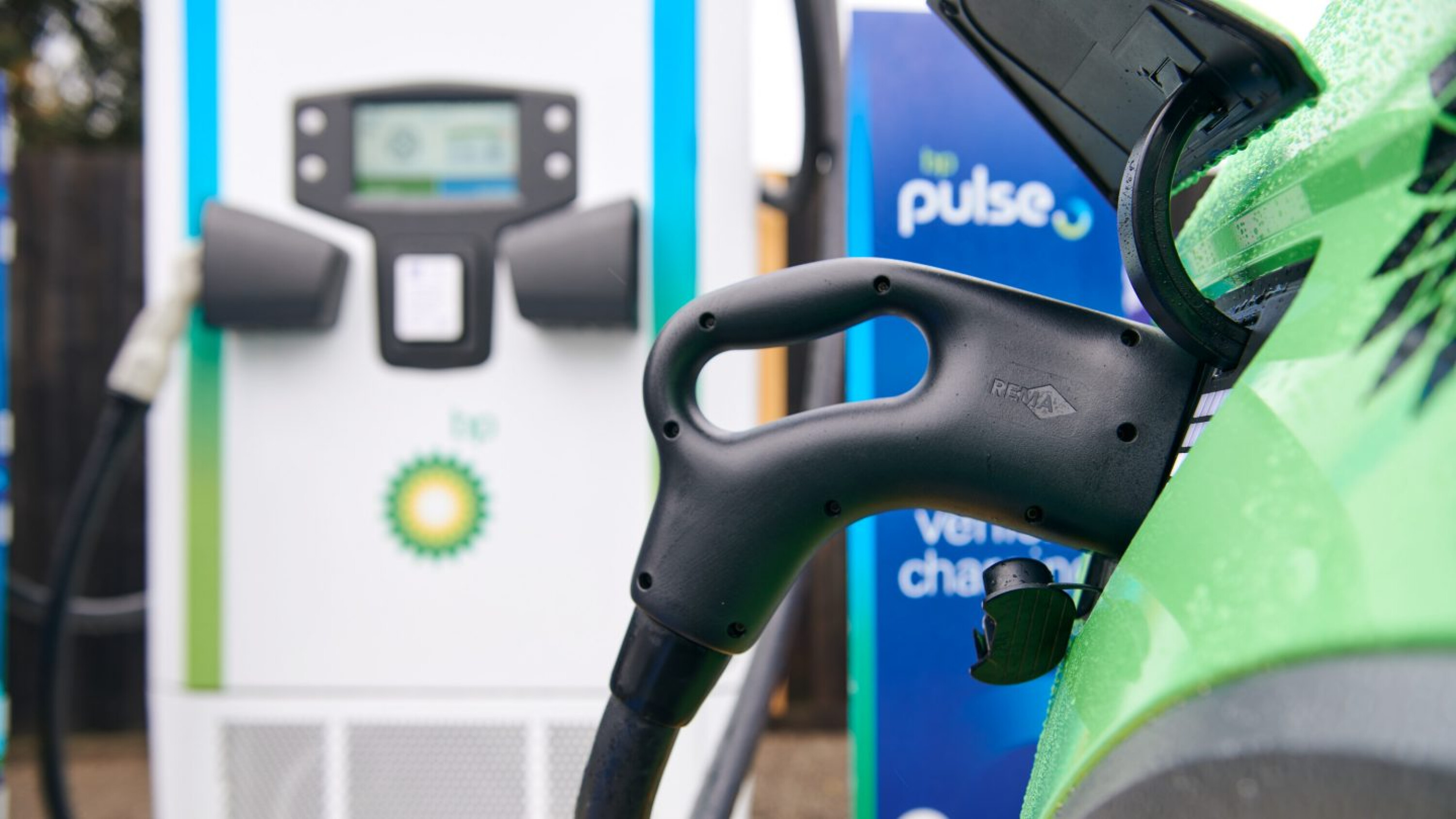
Snapshot
- BP Pulse starts variable pricing at select locations
- Different pricing depending on time and day
- Favours cheaper electricity times, instead of daylight renewables
BP Pulse has introduced variable pricing at select public electric vehicle charging stations.
In an email to users, the fuel and energy company announced the move amid rising electricity market costs, which follows Tesla Supercharger’s approach at select sites.
Variable pricing will be implemented at some locations, with two different pricing periods imposed depending on the time and day – peak and off-peak electricity.
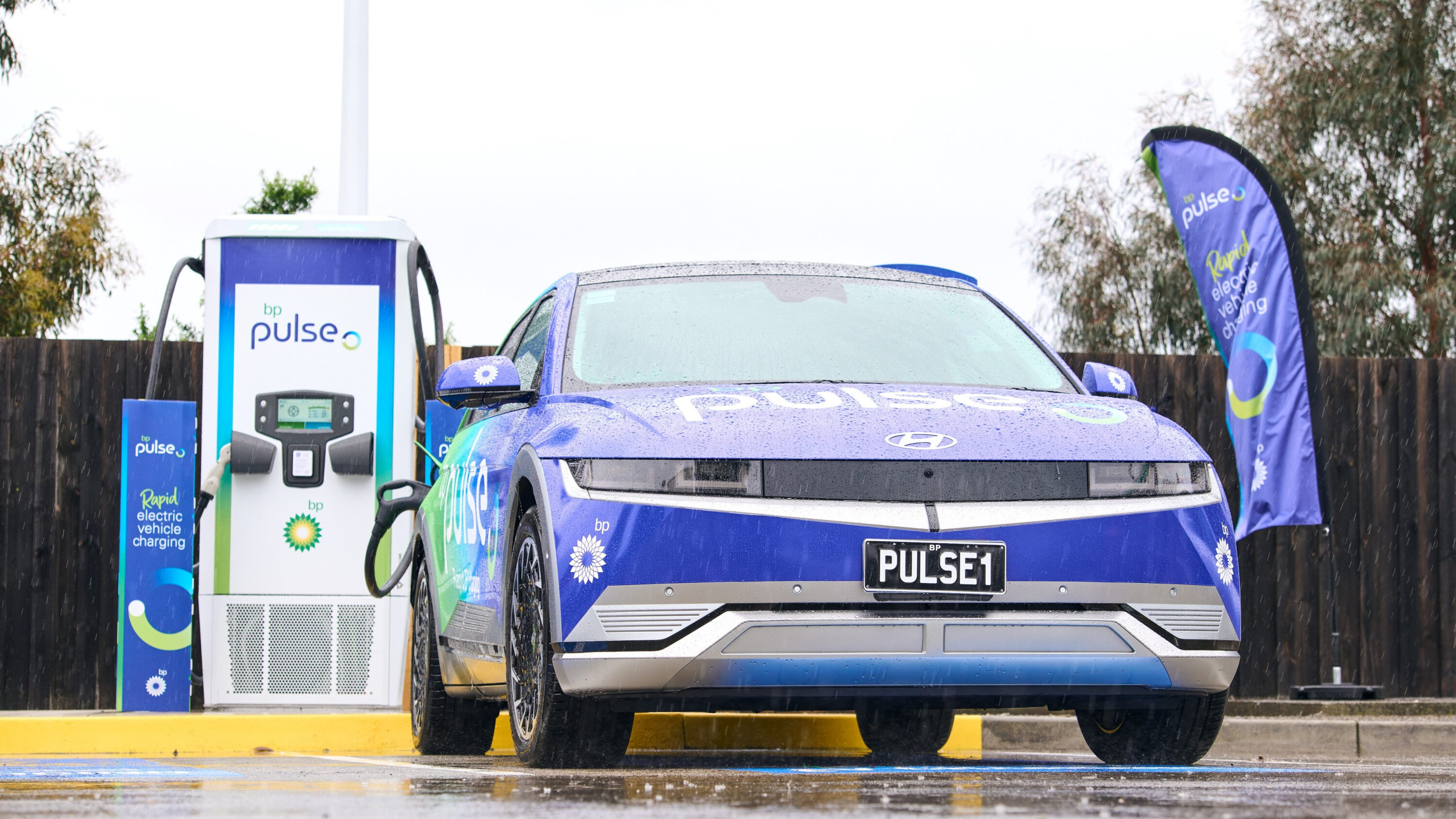
For example, the Heatherbrae site in New South Wales is currently set at $0.60 per per kilowatt-hour (kWh) peak (during 7am to 10pm weekdays), which reduces to $0.50 per kWh off-peak (during overnight 10pm to 7am weekdays and all weekends).
Most other BP Pulse fast charging stations remain unchanged at the fixed $0.55 per kWh rate.
Australia’s largest public charging network Chargefox has also trialled fluctuating prices with charge point operators RAA and Engie in South Australia.
However, the cheapest off-peak periods occur during the day to encourage utilising renewable energy generation for emissions-free charging.
Evie Networks raised its fixed pricing in July to $0.50 per kWh for its 50kW fast charging stations, while Ampol’s AmpCharge was increased to $0.69 per kWh for its 150kW DC units (but standard 400-volt EVs can only accept up to 80kW DC).
The BP Pulse public EV charging station network will also mark its first year in Australia next month.
It has exclusively deployed Tritium’s newest PKM fast charging units, which currently output 75kW DC speeds, but can be upgraded to 150kW due to its modular design.
The Brisbane-made station is also capable of charging two electric vehicles at the same time via two plugs – with BP Pulse opting to offer two CCS Type 2 ports at most stations or one CCS2 and one CHAdeMO plug at others – and can load balance the electricity with nearby units.
The charging provider claims to purchase carbon offset certificates for all electricity that’s outputted on its network.
We recommend
-
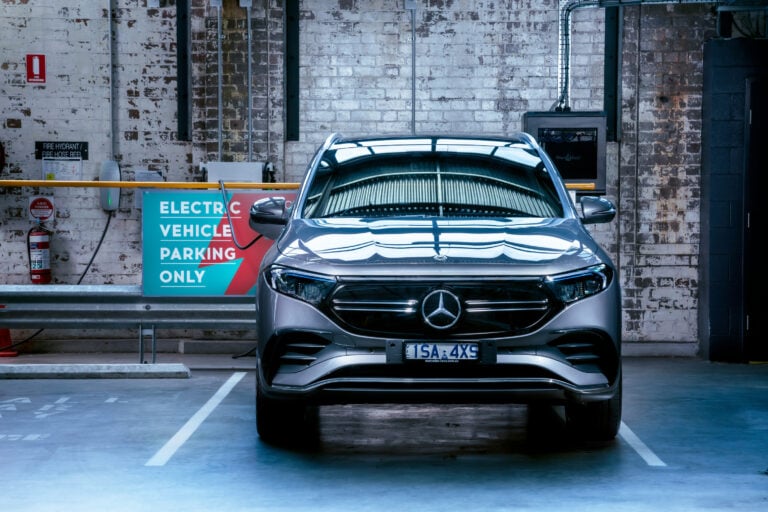 Advice
AdviceHow much does it cost to charge an electric car?
We outline the home charging and public charging network costs in this guide
-
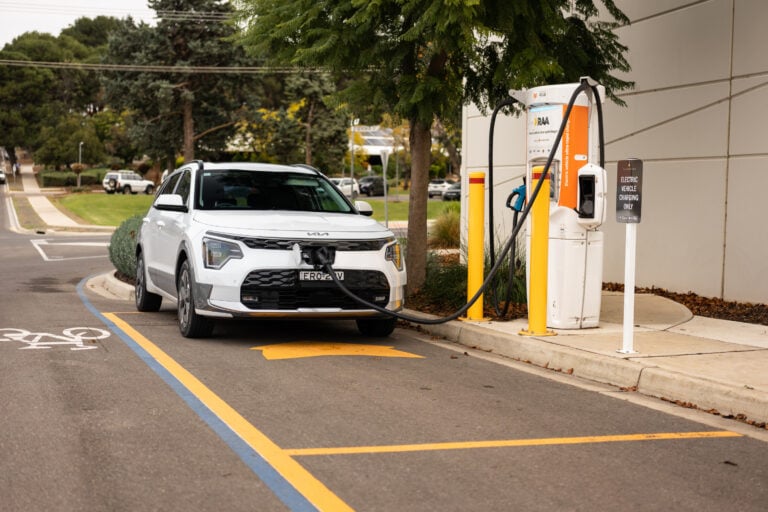 News
NewsChargefox pricing trial shows huge fluctuations in cost to users
The South Australian Government wants EV owners to charge during the day – but it’ll come at a cost if you can’t.
-
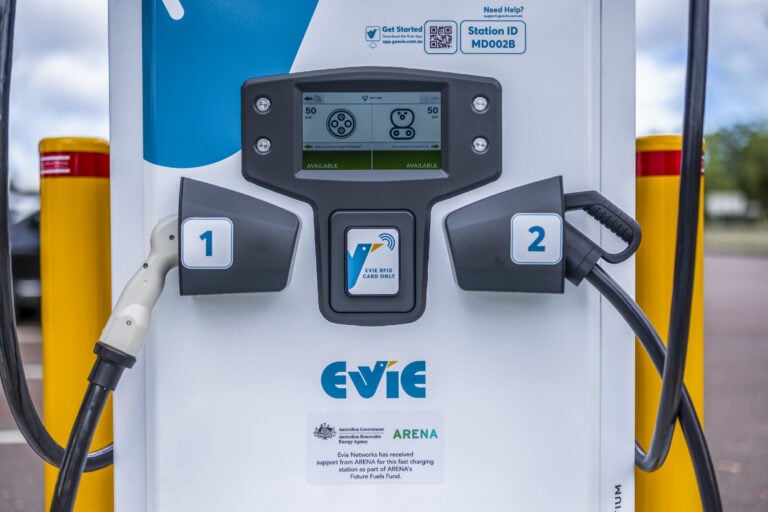 News
NewsEvie Networks up EV charging prices again
It will again become pricier to charge your electric car on-the-go, as Evie Networks raises prices to contend with rising electricity costs.




